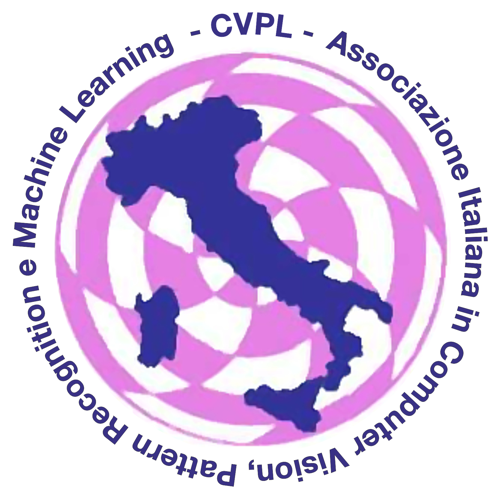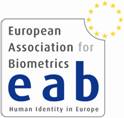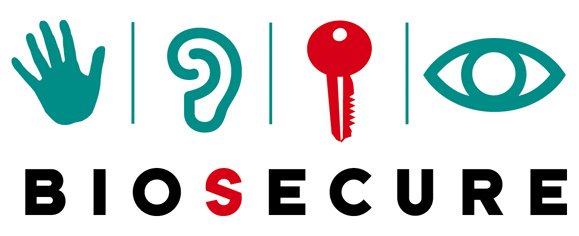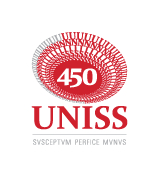|
Download: |
Prof. Chang-Tsun LiChang-Tsun Li received his BEng degree in electrical engineering from National Defence University (NDU), Taiwan, in 1987, the MSc degree in computer science from U.S. Naval Postgraduate School, USA, in 1992, and the PhD degree in computer science from the University of Warwick, UK, in 1998. He was an associate professor of the Department of Electrical Engineering at NDU during 1998-2002 and a visiting professor of the Department of Computer Science at U.S. Naval Postgraduate School in the second half of 2001. He is currently a professor of the Department of Computer Science at the University of Warwick, UK. His research interests include multimedia forensics and security, biometrics, data mining, machine learning, data analytics, computer vision, image processing, pattern recognition, bioinformatics, and content-based image retrieval. The outcomes of his multimedia forensics research have been translated into award-winning commercial products protected by a series of international patents and have been used by a number of police forces and courts of law around the world. In the past 6 years, Chang-Tsun Li has been active in facilitating the cross-fertilisation of multimedia forensics and biometrics, and has secured a number of major EU funding to achieve this objective. He was the Coordinator and PI of the international project entitled Digital Image and Video Forensics (acronym: DIVEFOR) funded through the Marie Curie Action under the EU's Seventh Framework Programme (FP7) from June 2010 to May 2014. He was one of the initiators and a Working Group chair of the recently completed EU COST Action IC1106: Integrating Biometrics and Forensics for the Digital Age funded by European Cooperation in Science and Technology (COST) from March 2012 to March 2016. He is currently the Coordinator and PI of the EU Horizon 2020 project, entitled Computer Vision Enabled Multimedia Forensics and People Identification (acronym: IDENTITY). The IDENTITY project has a consortium consisting of 16 institutions from 12 countries and will be running for four years, from January 2016 to December 2019. |



 


 |